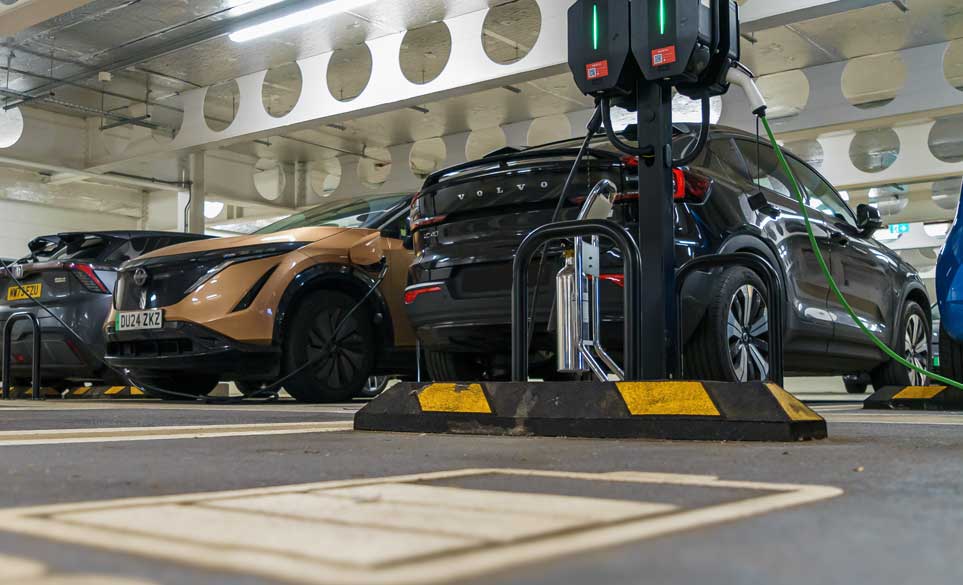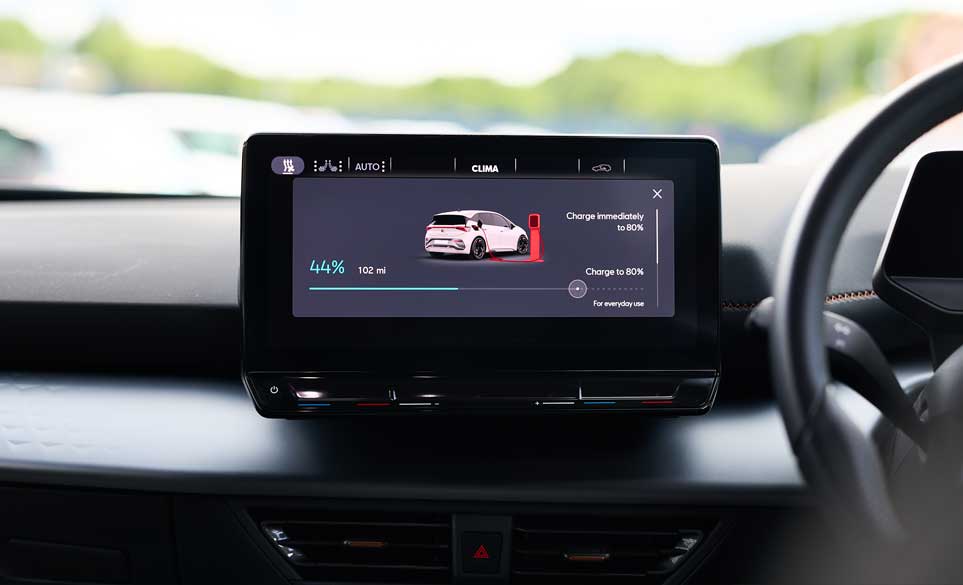Background
There has been a long-running dispute between HMRC and 2 companies, Laing O’Rourke and Wilmott Dixon, on whether Class 1 National Insurance Contributions (“NICs”) are due on cash allowances paid to drivers in lieu of a company car.
The case was recently concluded, with the Upper Tribunal (UT) finding in favour of Laing O’Rourke and Wilmott Dixon, meaning both companies are eligible for a repayment of Class 1 National Insurance Contributions (“NICs”) paid on cash allowance payments. A copy of the judgment is available here. HMRC has now confirmed that it will not appeal the UT decision so the case can be considered as determined, guidance has been issued here.
What is the impact?
Employers that pay cash for car allowances may be able to disregard some (or all) of the allowance payment from NICs if they reimburse business mileage at a rate below the HMRC Approved Mileage Allowance Payment (“AMAP”) rates (currently 45p for the first 10,000 miles and 25p per mile above 10,000 miles).
In considering whether this is the case, HMRC requires that the following 3 conditions apply:
- Payment of fixed cash allowances that are intended for employees to fund a private car that is available for business use;
- Business mileage is travelled in a private car; and
- Business mileage reimbursement is below HMRC’s AMAP rates.
What is the potential benefit?
There is scope to save NICs by either:
- Updating processes to allow NICs to be reduced on future cash for car allowances
- Making a claim for earlier years NICs that have been overpaid
Example
Assuming 100 employees receive cash for car allowances:
- complete an average of 5,000 business miles per annum.
- are reimbursed at 15p per business mile claimed:
- Future savings potential
£20,000 per annum NIC saving
{5,000 miles x [45p – 15p] x 13.8% x 100 employees} - Historic claims potential (limited to 6 closed tax years)
An employer NIC reclaim could be worth c.£125k
{5,000 miles x (45p – 15p) x 13.8% x 6 years x 100 employees}
Other considerations
You may wish to consider the following to assess whether it would be beneficial to make an historic claim or update your future processes:
- Complete a high-level review to assess the potential savings available.
- Assess whether your claim can be supported by the 3 necessary conditions highlighted above and evaluate the effort involved in evidencing an historic claim.
- Estimate the cost implications of processing a claim and updating processes to claim on an ongoing basis.
- Take advice from your professional tax advisor to ensure that your claim is likely to be successful and whether your proposed processes would be deemed to be satisfactory to HMRC.



